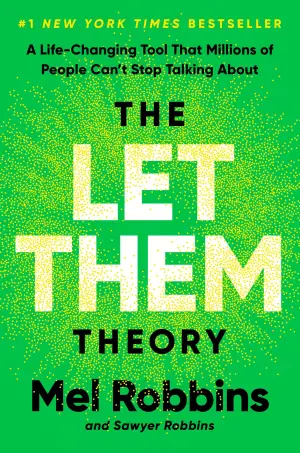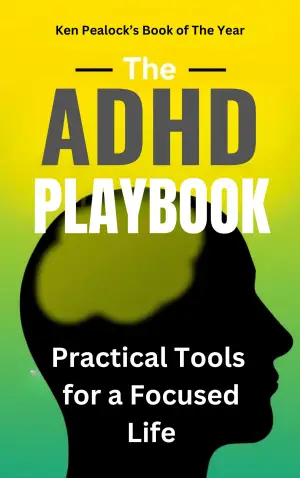Embracing the Mess: A Reflection on "The City Changes Its Face" by Eimear McBride
As a devoted reader, I often find myself drawn to books that take the messy realities of life and weave them into a tapestry of beauty. Eimear McBride’s latest offering, The City Changes Its Face, caught my eye with its audacious exploration of trauma and healing, alongside the rawness of human experience. From the opening lines, I sensed a deep resonance with the creative struggle that continually reminds us that beauty often emerges from our "fuck-ups."
At the heart of this novel is Eily, a character navigating the complexities of love, creativity, and personal scars. McBride expertly captures Eily’s journey, where chaos and beauty intertwine—a reflection of her own artistic ethos, as noted in the quote: “Make beauty and life from all the fuck-ups.” This sentiment echoes Samuel Beckett’s well-known axiom of resilience, “Ever tried. Ever failed. No matter. Try again. Fail again. Fail better.” Both writers illustrate the universal truth: resilience is a powerful companion in the face of adversity.
The narrative unfolds primarily over the course of a single night, lending itself to a cinematic quality that draws readers into Eily’s claustrophobic kitchen. McBride’s shifting perspectives—between frantic present dialogue and hauntingly vivid flashbacks—create a palpable tension. I found myself captivated by how memories of crisis bordered on the cinematic, with one particular flashback involving Eily, Stephen (her older lover), and his daughter standing out as an emotional pinnacle. The psychological dance between these characters was electrifying, brimming with conflict and deep, complex dynamics.
Yet, as gripping as the character interplay was, I often felt torn between the visceral "artsy" narration and the more understated approach that reaches out for readers’ imaginations. McBride often opts for lavish imagery, but sometimes, it became overwhelmingly sensory, causing me to question whether all this richness was necessary. The repetitive imagery of blood—a motif that symbolizes the intertwined nature of trauma and beauty—was striking in its visceral quality, yet it occasionally crossed into excessive territory.
This is where McBride’s choice of language shines; her prose is nothing short of poetry. Sentences like “That first, never finished, version of myself that haunts the old haunts of was.” evoke a profound depth that stays with you long after the last page. It’s these lyrical turns that offer solace amidst the chaos but also serve as a reminder of the fine line between beauty and brutality.
In the end, The City Changes Its Face left me wrestling with its excesses and glorifying creativity born from pain. McBride’s work may resonate deeply with those seeking an exploration of trauma and love’s complexities—the lovers, the artists, and the tortured souls born from self-reflection. It’s a profound meditation on how one can find meaning amid despair, which, I believe, is invaluable to anyone who has grappled with their own “fuck-ups.”
If you approach this novel willing to dive into the emotional depths and navigate the labyrinth of Eily’s experiences, you may find a mirror reflecting your own path to resilience. Whether you embrace it or critique its boldness, there’s no denying that McBride has created something entirely evocative, challenging readers to redefine the messy beauty of life.
Discover more about The City Changes Its Face on GoodReads >>












